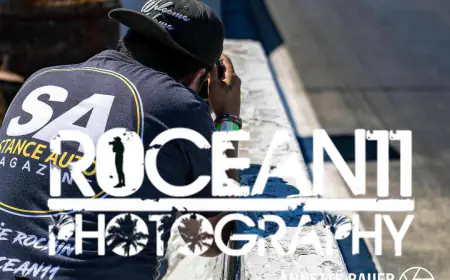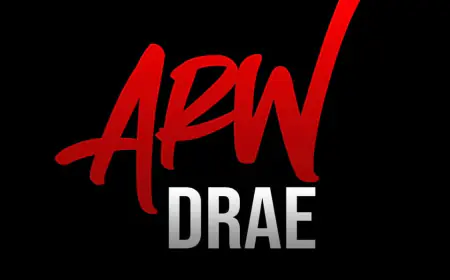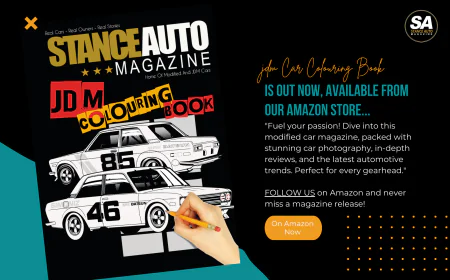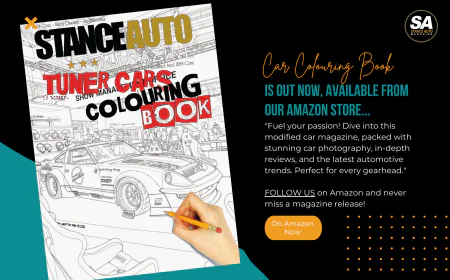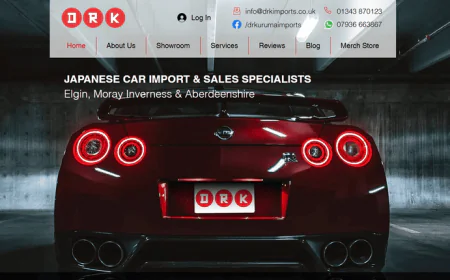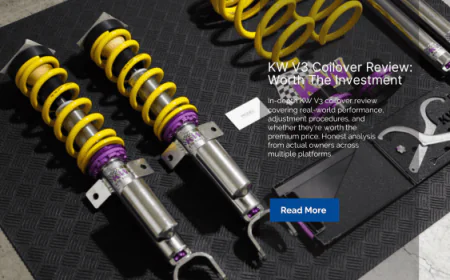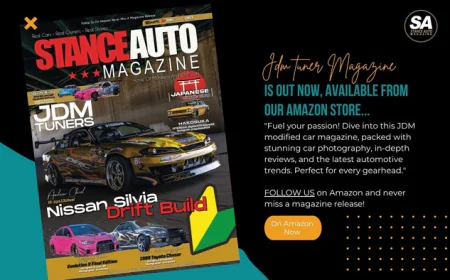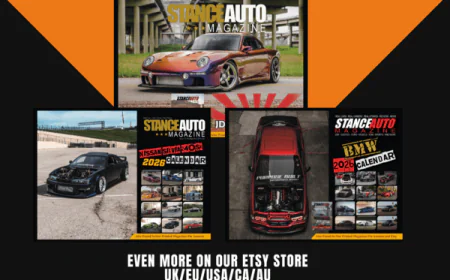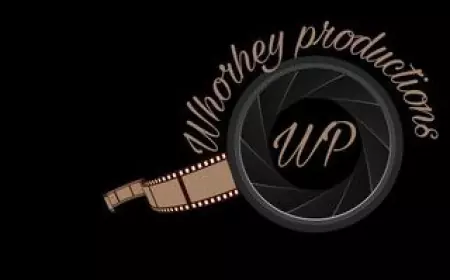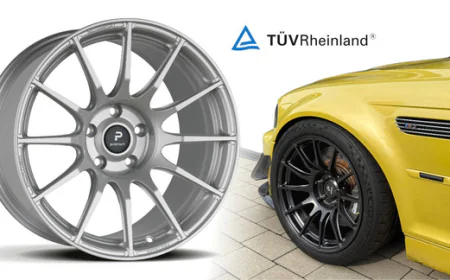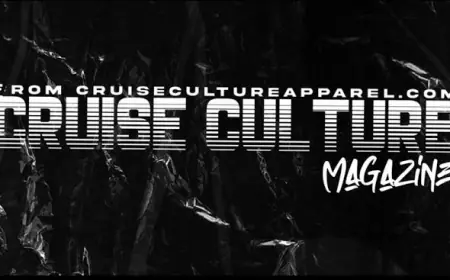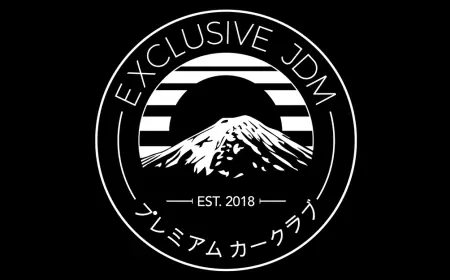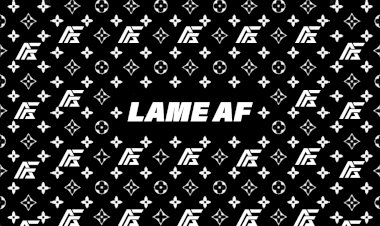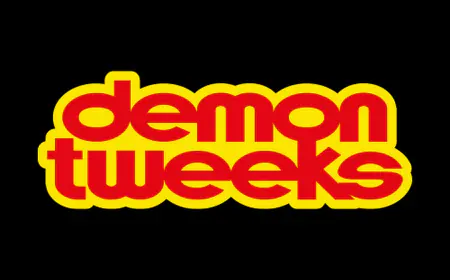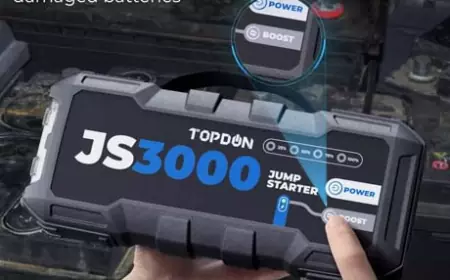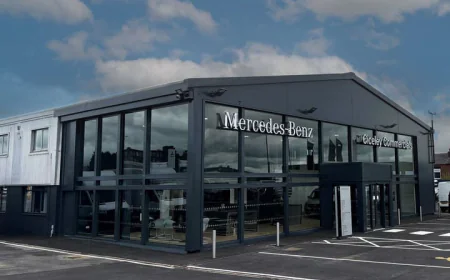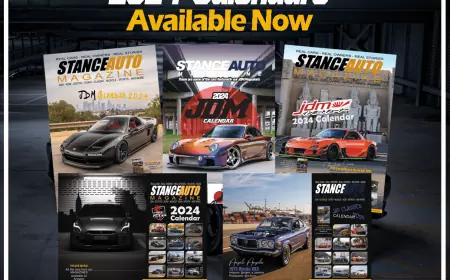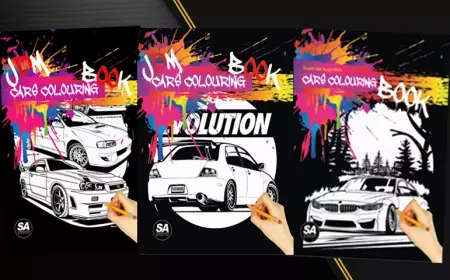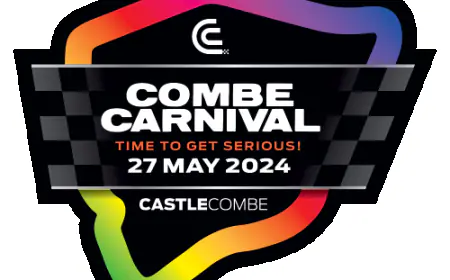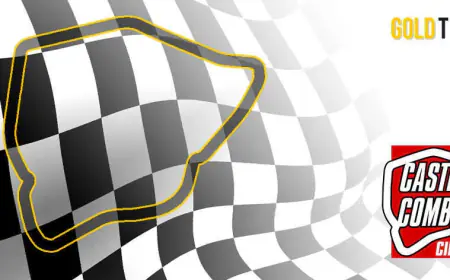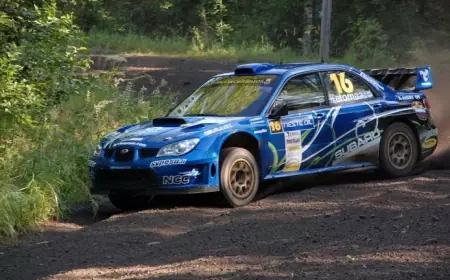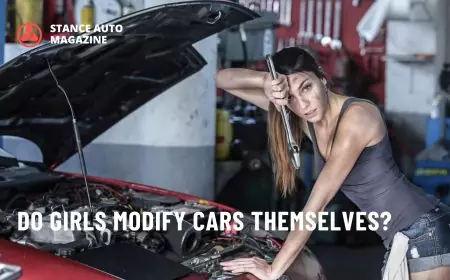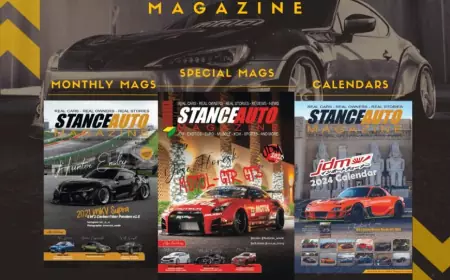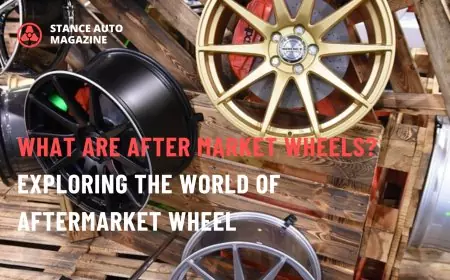The Car Scene: Has It Become Too Toxic?
Explore the increasing toxicity within the car scene. We examine whether club rivalries, business competition, jealousy, and differing car preferences are driving the negativity.

Use The Share Buttons Above The Image To Share This Story, Thank You
Submit Your Modified Cars Here
Order Your Car Magazine From Our Amazon or Etsy - UK/EU Stores!!
The car scene has always been a place where enthusiasts come together to share their passion for all things automotive. It’s where like-minded individuals bond over their love for cars, whether it’s about appreciating sleek designs, powerful engines, or unique modifications. However, in recent years, a growing number of enthusiasts have noticed an unsettling trend—rising toxicity within the car scene. What was once a community built on camaraderie is increasingly becoming fractured by rivalries, jealousy, and negativity. But what’s causing this shift? Is it the result of club and group allegiances, competition between car shows, or even the different choices people make in their car builds?
From my personal experience since creating Stance Auto Magazine, I have noticed more rivalry in Groups and Shows, but this isn't country-exclusive this is worldwide, with Take Overs popping up creating anger and governments and local Authorities closing events down as quickly as they pop up it is causing anger and creating the blame game.
Would you be surprised if I told you although we work with many fantastic Car Groups/Clubs only two major show organisers in the UK have ever approached us or even worked with us in the 4 years we have been around, The Max Power Reunion and Castle Combe Events these are the only ones to take advantage of our massive reach not just in social media but on the internet as well, they recognise our work with the car community and because they too support the community we are a perfect fit, what would you say the reason the others haven't, could it be jealousy, rivalry or just no real interest in the community just the money they can make, you decide, while these are bickering between each other Stance Auto will continue to work with all the fantastic car clubs and groups from all over the world, check out some listed right here on our site: Car Groups

The Roots of Rivalry: Club and Group Allegiances
The Rise of Exclusive Facebook Car Groups
One of the most prominent factors contributing to the toxicity in the car scene is the emergence of exclusive Facebook car clubs and groups. These clubs often start with good intentions—bringing together people with similar tastes and goals. However, as these clubs grow, so does the sense of competition. The camaraderie that once brought people together begins to erode, replaced by rivalry and exclusivity.
Club allegiances can create an “us vs. them” mentality, where members feel compelled to defend their group’s reputation at all costs. This mentality often spills over into online forums and social media, where heated debates and even personal attacks become the norm. The focus shifts from celebrating the car community to tearing down others who don’t align with a particular Facebook group’s values or preferences. Instead of fostering a supportive environment, these allegiances can lead to divisions that undermine the very essence of the car scene.
The Impact on Newcomers
This growing exclusivity can be particularly damaging for newcomers. Many people enter the car scene hoping to find a community that shares their passion, but instead, they encounter hostility. Whether it’s because they don’t drive the “right” car or haven’t achieved a certain level of modification, newcomers can quickly feel alienated. Rather than being welcomed, they are met with judgment, making it difficult for them to find their place within the community.

Competition and Conflict: The Business Side of Car Shows
Car Shows Competing for Attention
Car shows have long been a cornerstone of the car scene, providing enthusiasts with an opportunity to showcase their vehicles, connect with others, and gain recognition. However, as the popularity of car shows has grown, so too has the competition between event organizers. Each show vies for attention, aiming to outdo the others in terms of attendance, media coverage, and prestige.
This competitive atmosphere can breed negativity. Event organizers may engage in underhanded tactics, such as bad-mouthing rival shows or deliberately scheduling events on the same date to force attendees to choose sides. This behaviour not only hurts the shows themselves but also the community as a whole. Enthusiasts are forced to navigate the politics of the car scene, and the sense of unity that once-defined car shows begins to fade.
The Effect on Participants
For participants, this competition can be disheartening. Instead of feeling proud of their work, they may feel pressured to constantly one-up their peers or face criticism for not attending the “right” events. This atmosphere fosters a sense of insecurity and stress, which can lead to burnout or even withdrawal from the scene altogether. What should be a fun and fulfilling experience turns into a source of anxiety and conflict.
Petty Jealousy and Toxic Comparisons
The Envy Behind the Wheel
Jealousy is another significant factor contributing to the toxicity within the car scene. While friendly competition can be healthy, it can easily turn sour when it crosses into envy. Whether it’s a build that garners more attention, a car that wins more awards, or even a social media account with a larger following, some enthusiasts struggle to celebrate others’ successes. Instead, they may resort to belittling or dismissing the achievements of others in an attempt to elevate themselves.
This jealousy often manifests in passive-aggressive comments, online trolling, and even sabotage. For example, some might spread rumours about a rival build or question the legitimacy of someone’s modifications. This behaviour erodes trust within the community and discourages people from sharing their projects openly.
The Damage to the Community Spirit
When jealousy takes hold, it damages the collaborative spirit that is supposed to define the car scene. Instead of offering constructive feedback or praise, enthusiasts become more focused on tearing each other down. The result is a community that feels divided and hostile, where genuine connections are harder to form. Enthusiasts who once felt motivated to push their limits now hesitate, fearing ridicule or backlash.

The Battle Over Car Choices and Builds
The Debate Over "Real" Car Enthusiasts
Another source of toxicity within the car scene is the ongoing debate over what constitutes a "real" car enthusiast. Some people believe that only certain types of cars or modifications are worthy of respect, dismissing those who choose a different path. For example, there’s often tension between those who prefer classic builds and those who lean towards modern, tech-heavy modifications. Similarly, some look down on owners who focus on aesthetics rather than performance, or vice versa.
This gatekeeping mentality creates unnecessary divisions. Rather than celebrating the diversity of the car scene, some enthusiasts feel the need to categorize others as either “real” or “fake” based on their personal preferences. This mindset alienates those who don’t fit into a narrow definition of what it means to be a car enthusiast.
The Importance of Respecting Diversity
One of the greatest strengths of the car scene is its diversity. There is no one “right” way to enjoy cars—whether someone is passionate about performance, aesthetics, or simply the joy of driving, they deserve respect. The toxicity that arises from dismissing certain builds or car choices only serves to diminish the richness of the community. By embracing the variety of perspectives and preferences within the car scene, enthusiasts can foster a more inclusive and supportive environment.
Moving Forward: Reclaiming the Positive Spirit of the Car Scene
The rising toxicity within the car scene is undeniable, but it’s not irreversible. By recognizing the factors contributing to this negativity—whether it’s club allegiances, business competition, jealousy, or gatekeeping—enthusiasts can take steps to rebuild a sense of community. It starts with fostering an environment of respect, where everyone’s passion for cars is valued, regardless of their background, choices, or experience level.
Promoting Inclusivity and Support
One way to combat toxicity is by promoting inclusivity and support. Clubs and groups should focus on welcoming newcomers and appreciating the diversity within the scene. Event organizers can collaborate rather than compete, ensuring that car shows are opportunities for celebration rather than conflict. Individuals can challenge their own biases, celebrating the success of others and respecting different approaches to car culture.
Emphasizing the Joy of the Journey
At its core, the car scene is about passion, creativity, and the joy of the journey. Whether you’re wrenching in the garage, cruising down the highway, or showing off your latest build, the car scene should be a place where you can connect with others who share your enthusiasm. By prioritizing positivity over pettiness, the community can reclaim the spirit that made the car scene so special in the first place.
Please leave your comments on my story in the comments section at the bottom of the page, it helps the story get more views and reach the Printed Magazine, Thank you.
'The future is bright as long as we can still Smell the Fumes'
Take A Quiz: So you think you know all about Cars prove it,
Do you Need A Freelance Photographer? Our Photographers Are Available For Hire
UKTM no: UK00003572459
 Like
0
Like
0
 Dislike
0
Dislike
0
 Love
0
Love
0
 Funny
0
Funny
0
 Angry
0
Angry
0
 Sad
0
Sad
0
 Wow
0
Wow
0
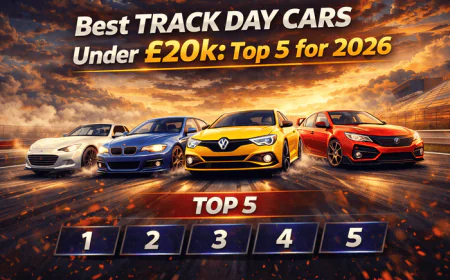
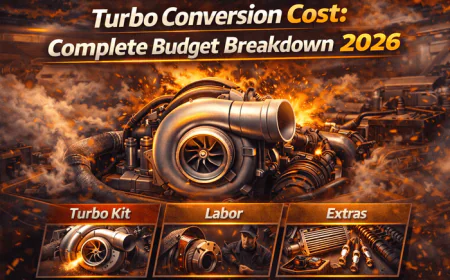

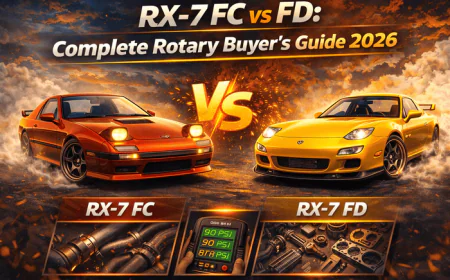
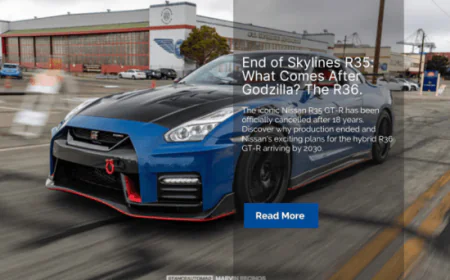

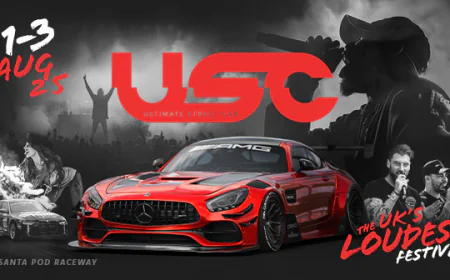
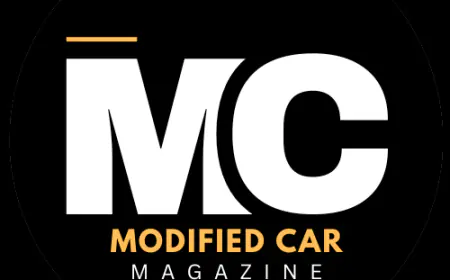

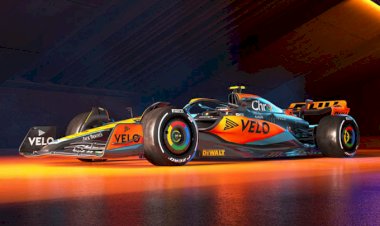


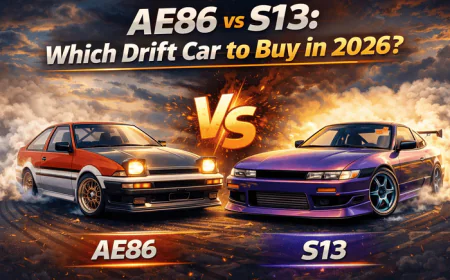
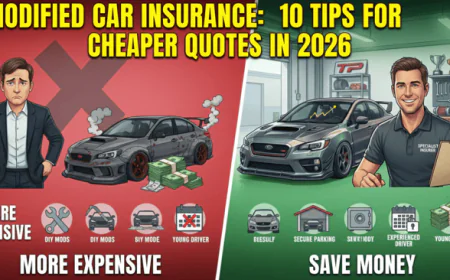
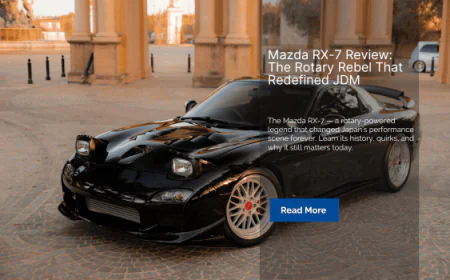
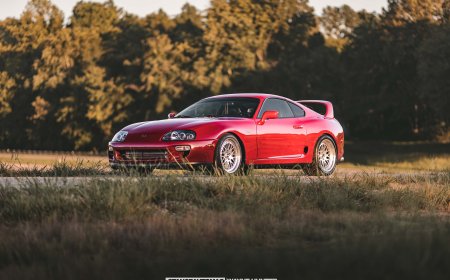
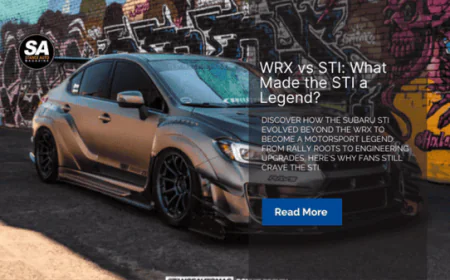
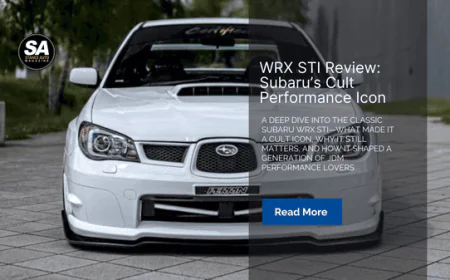
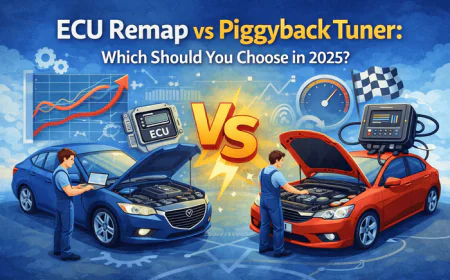
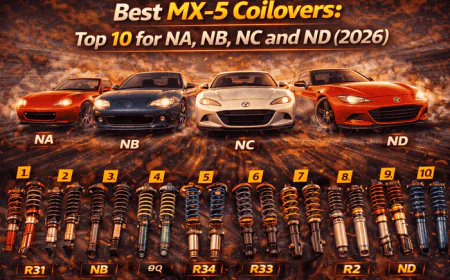
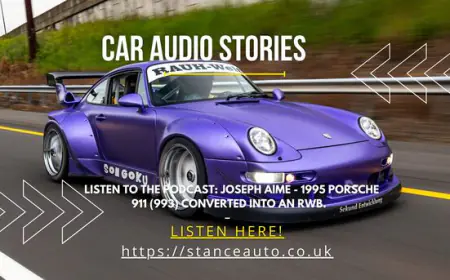
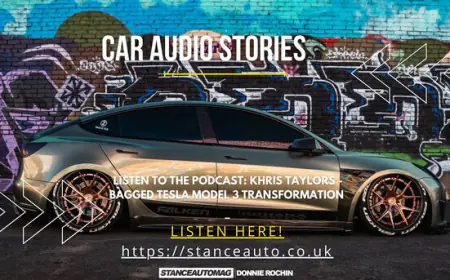
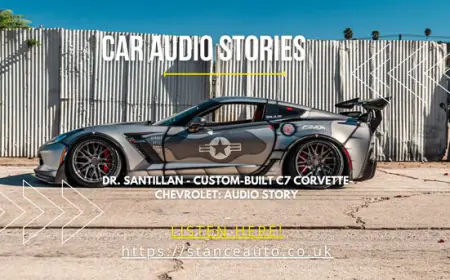


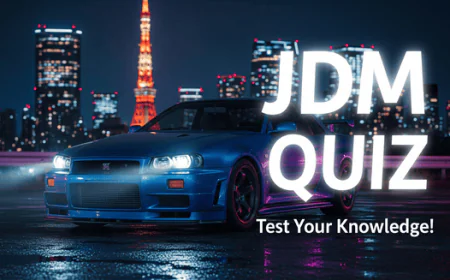
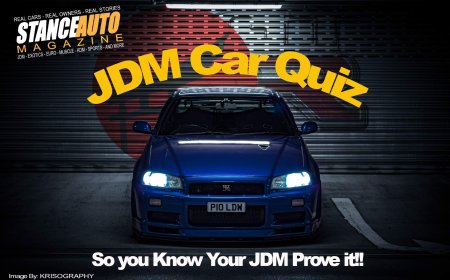

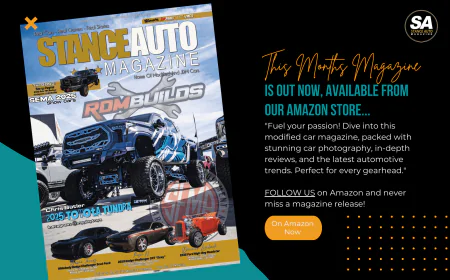
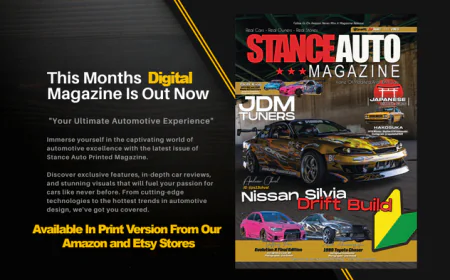
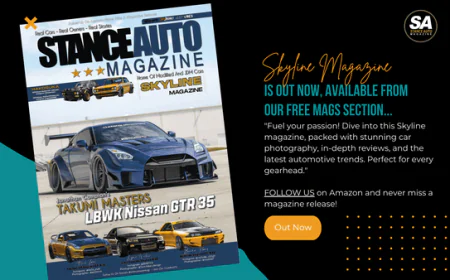

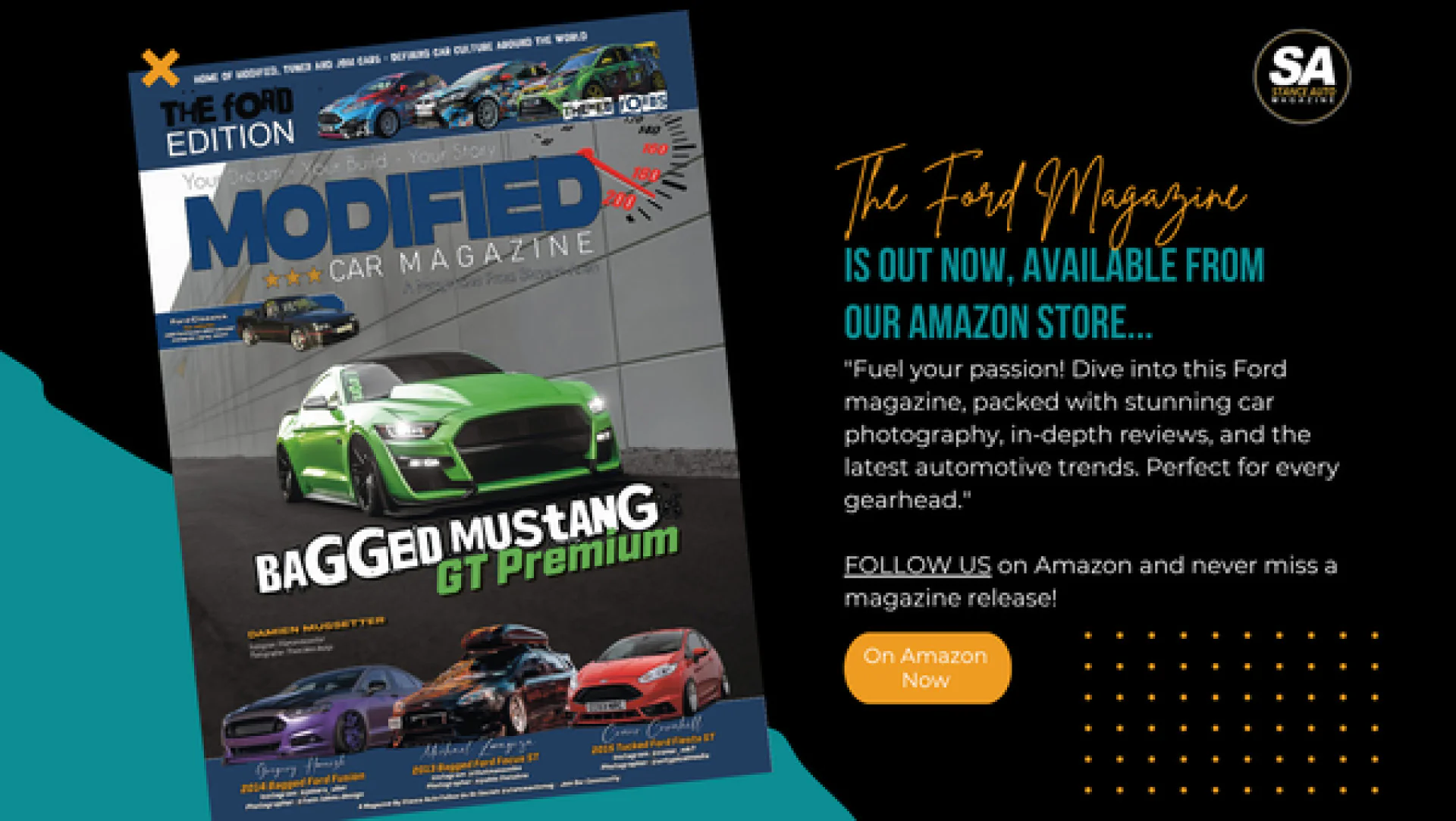

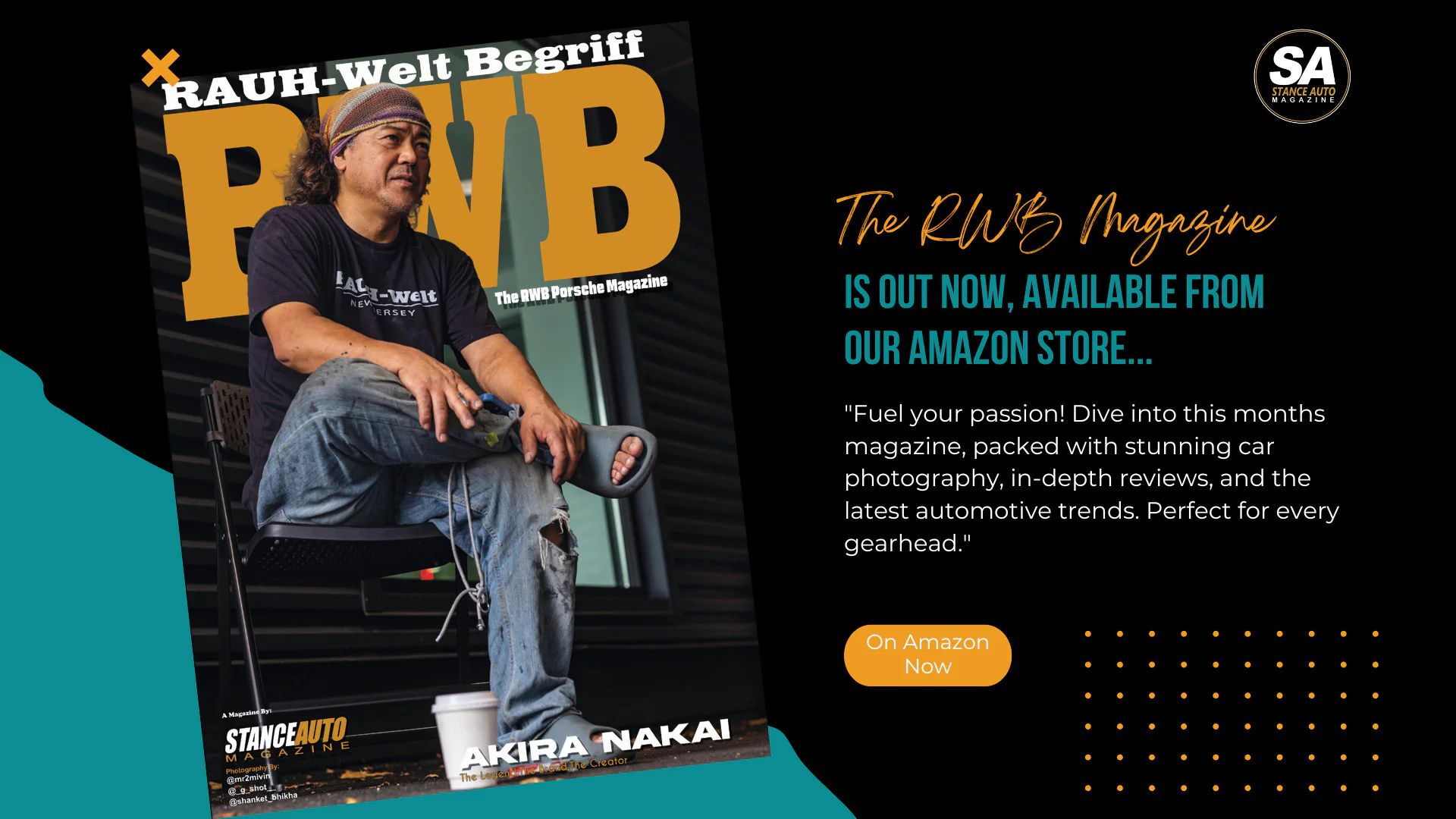
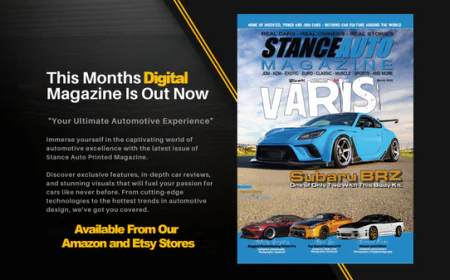
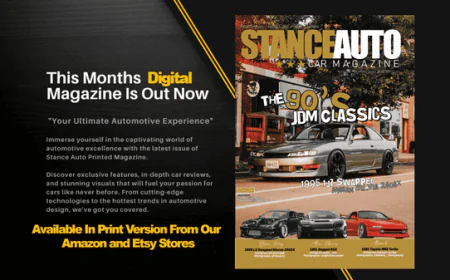
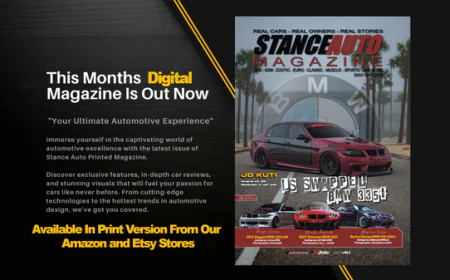
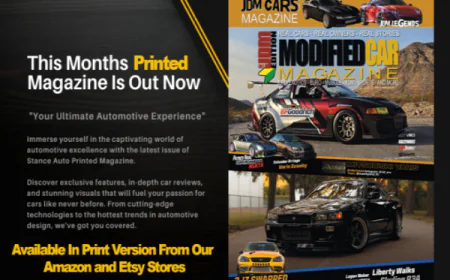
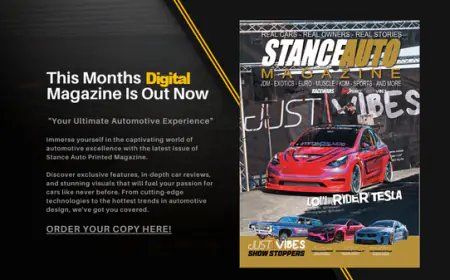
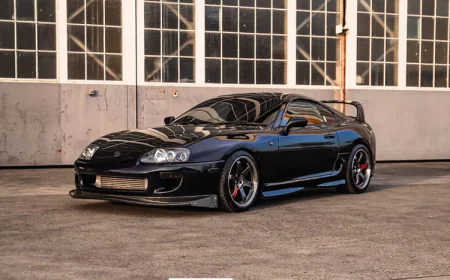
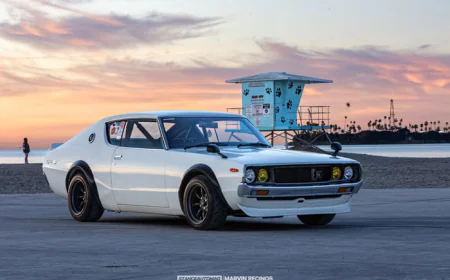
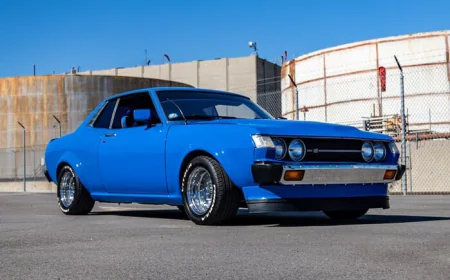
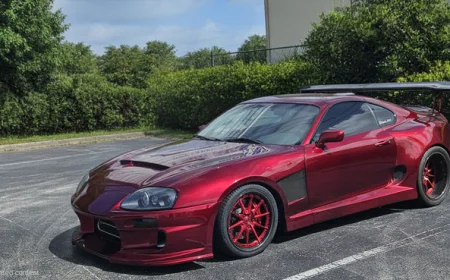
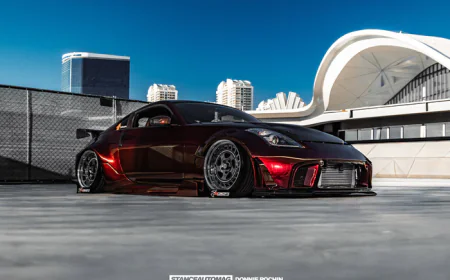
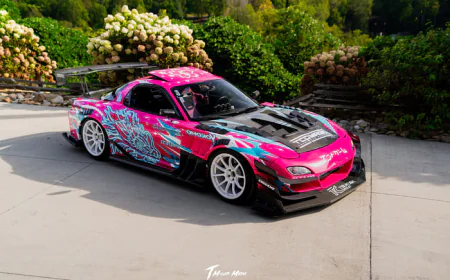
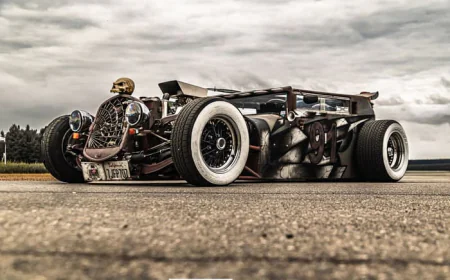
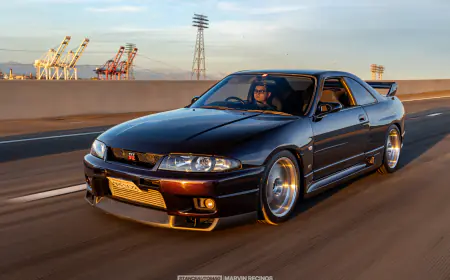
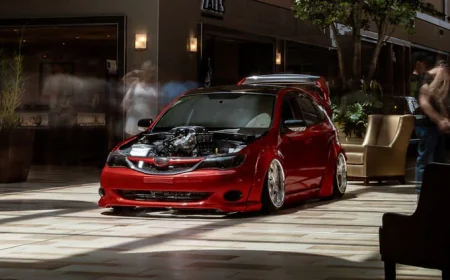
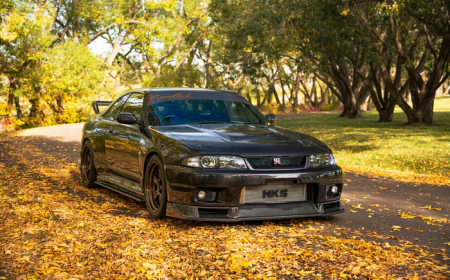
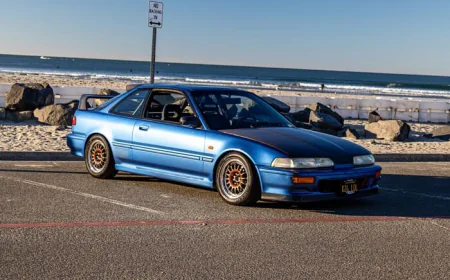
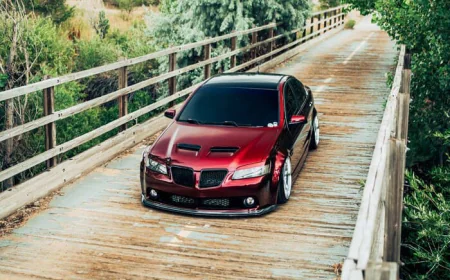
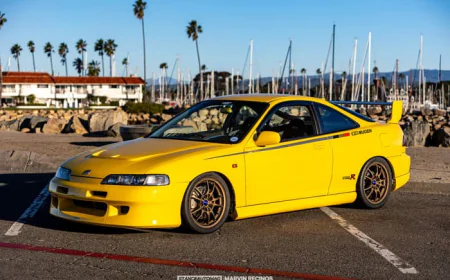
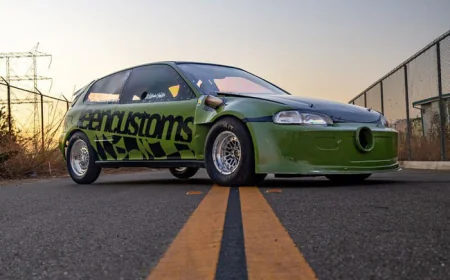

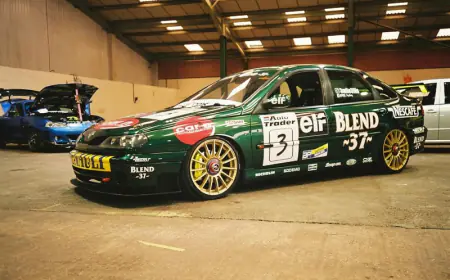

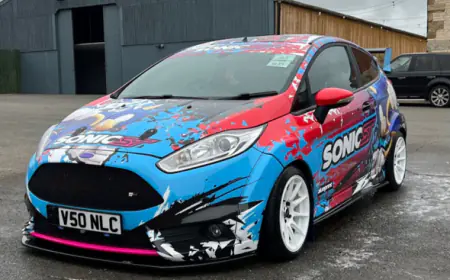

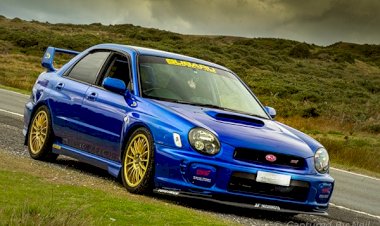

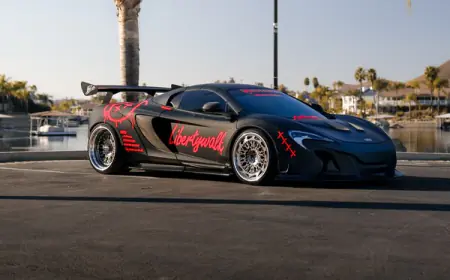
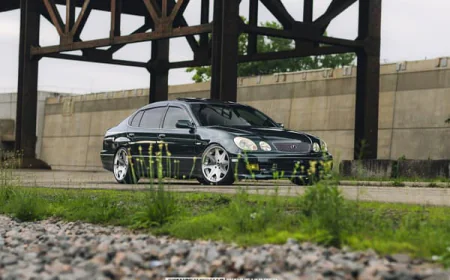

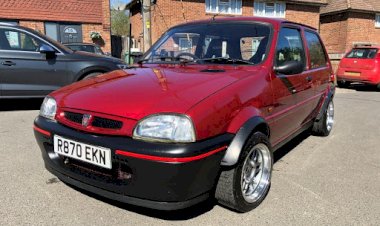
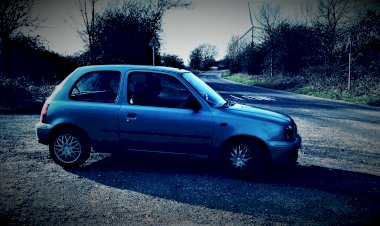

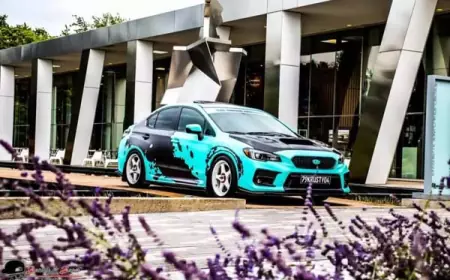


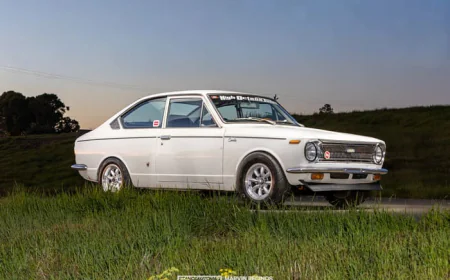
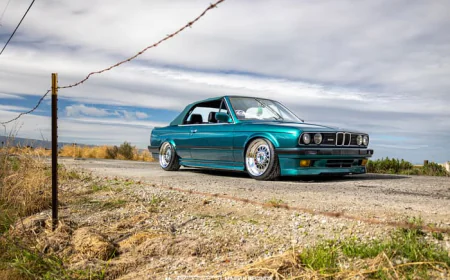
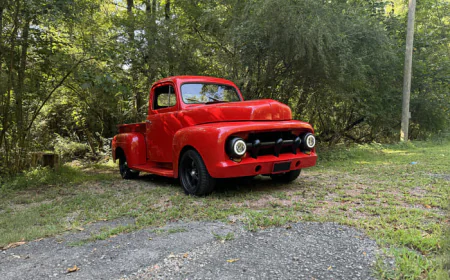
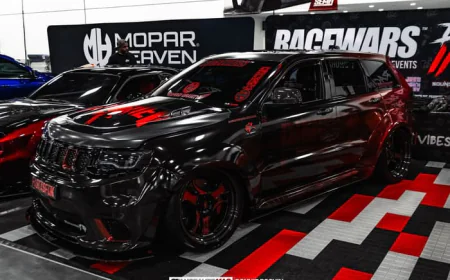
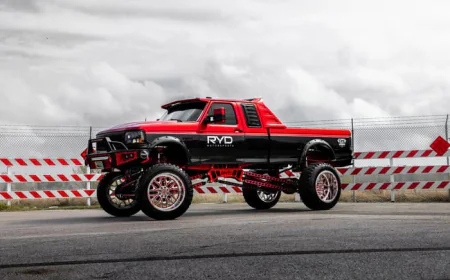
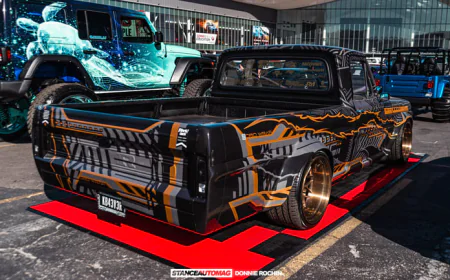
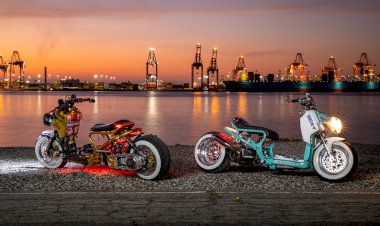

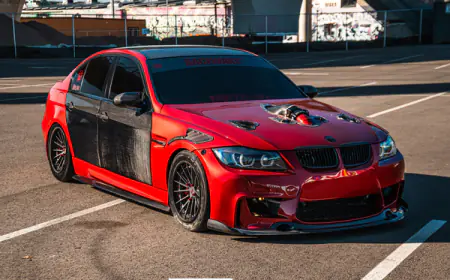
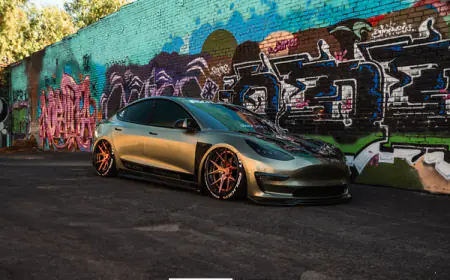
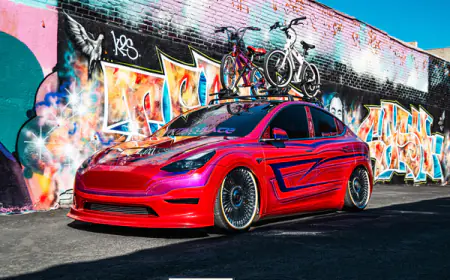
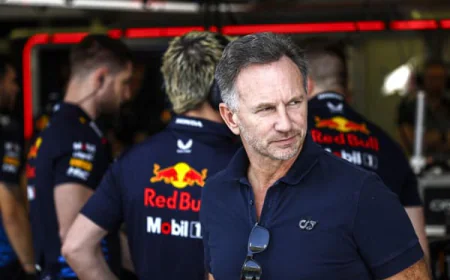

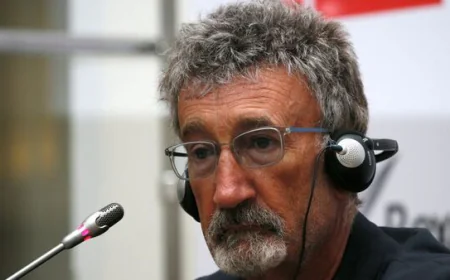
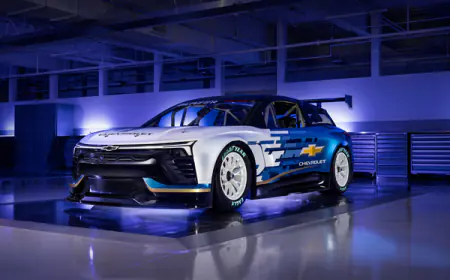
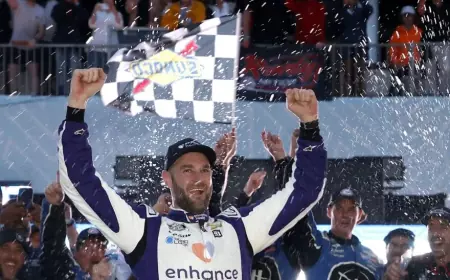
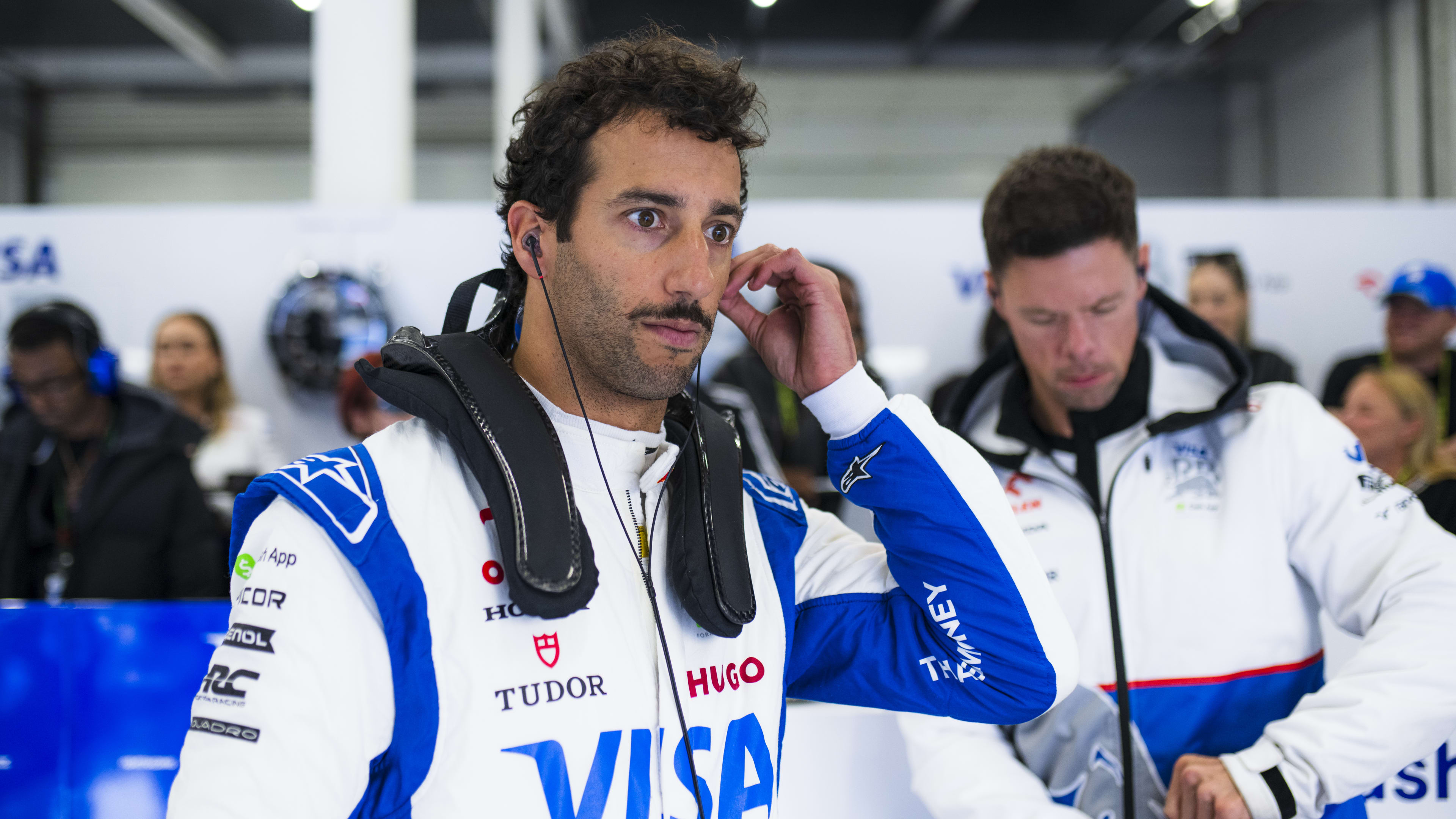
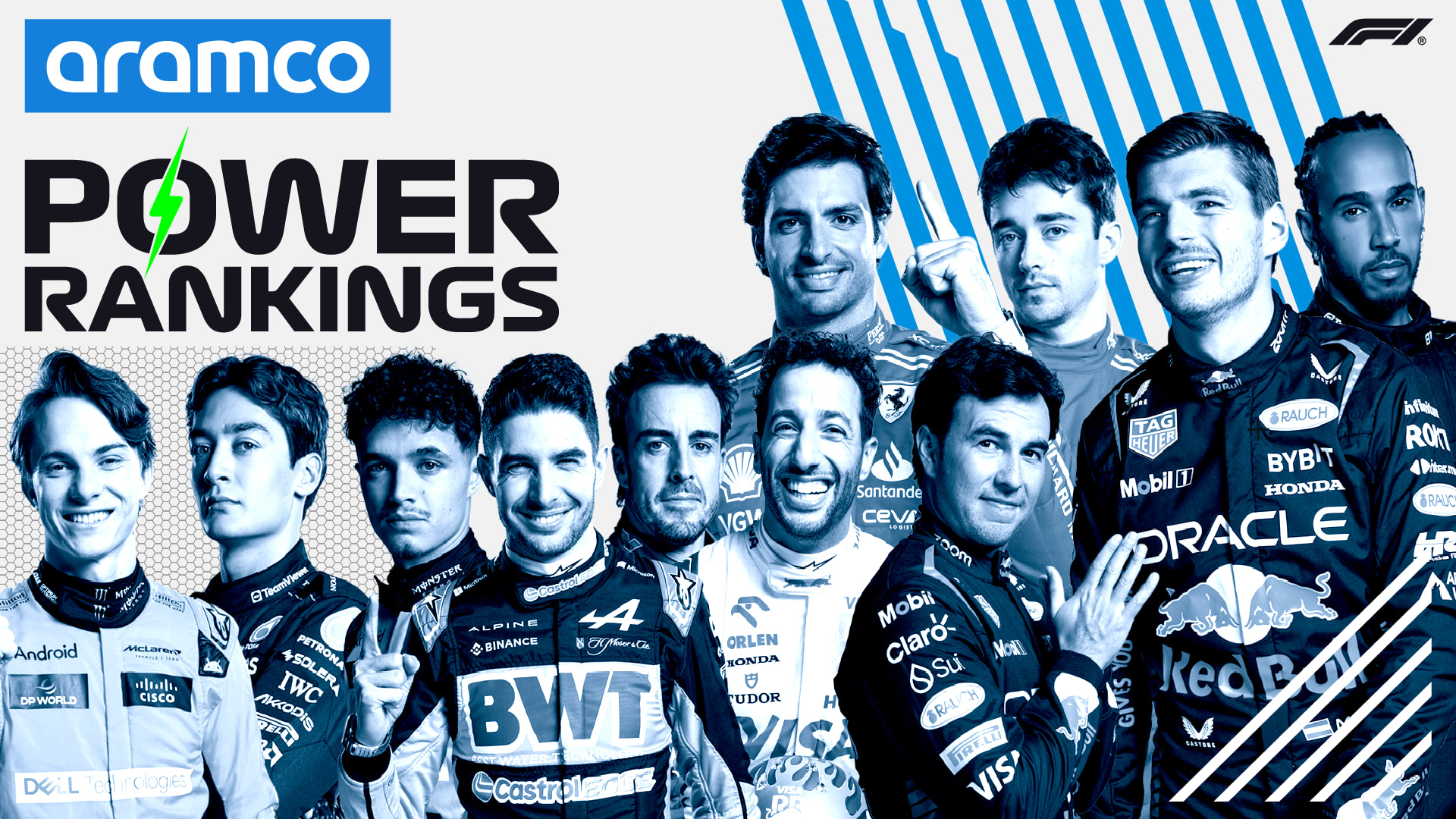
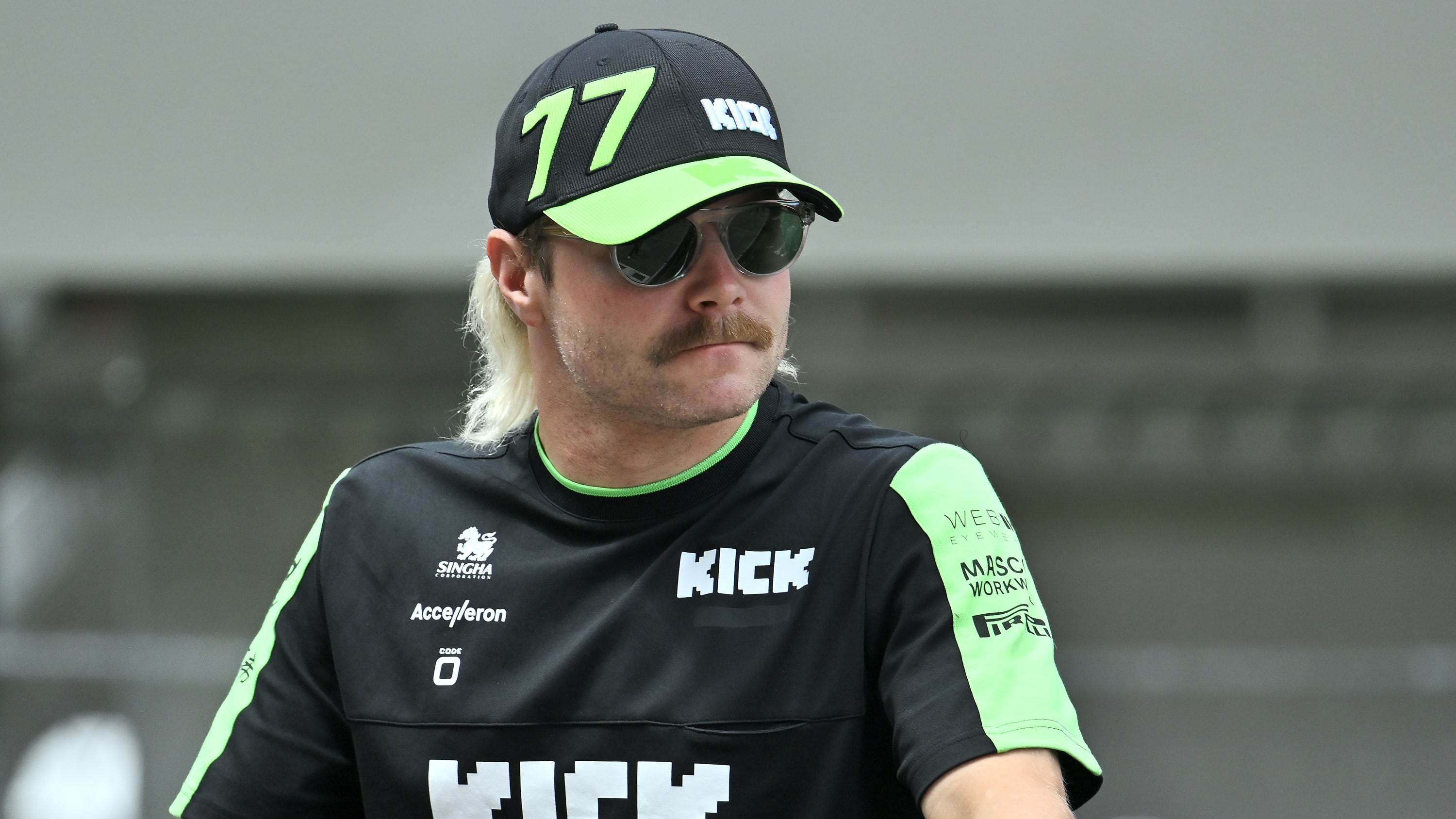
.png)
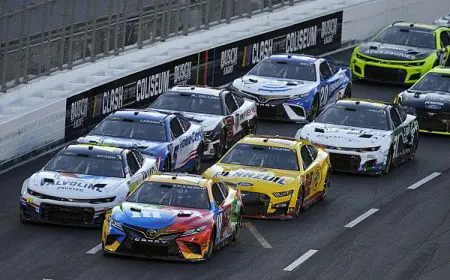
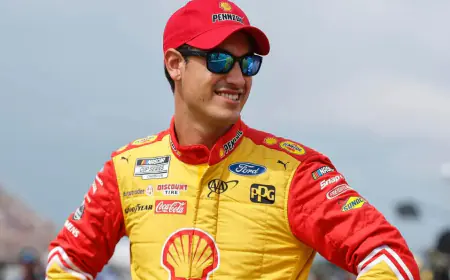
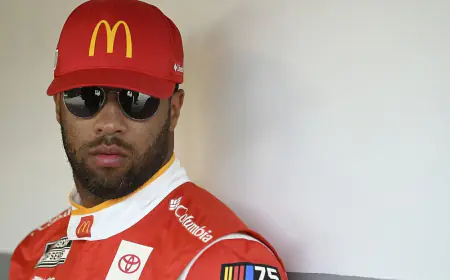

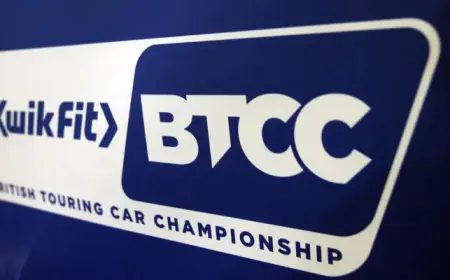
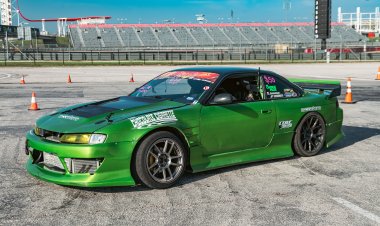
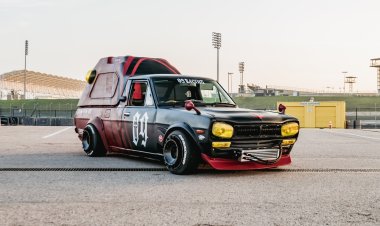
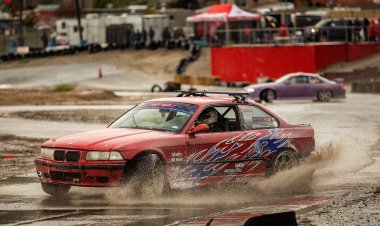

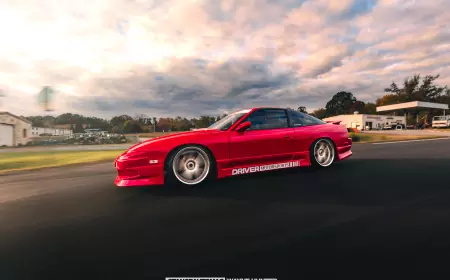
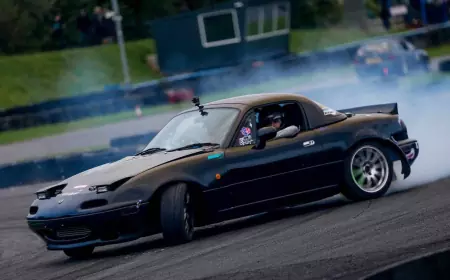

![[HOONIGAN] Ken Block's GYMKHANA NINE](https://img.youtube.com/vi/_bkX5VkZg8U/maxresdefault.jpg)

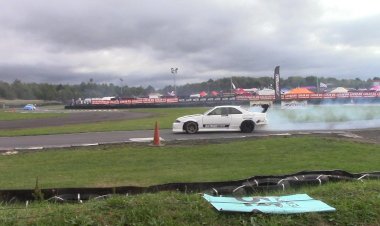
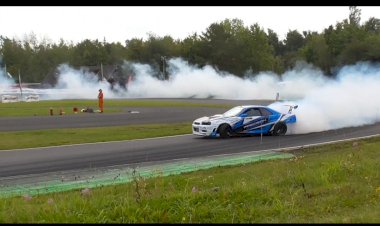

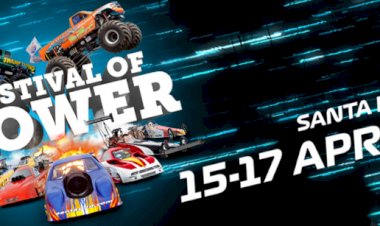




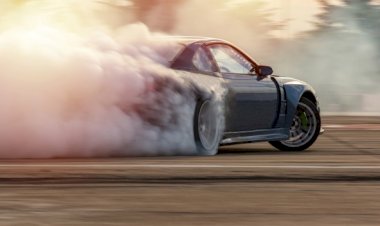
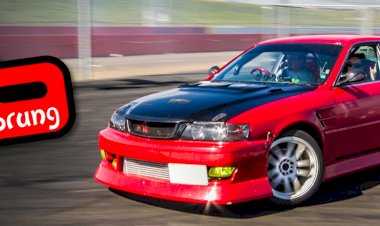


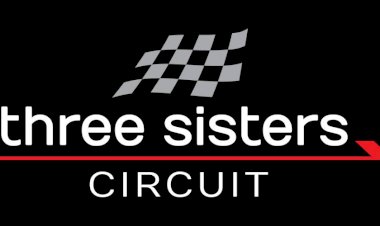









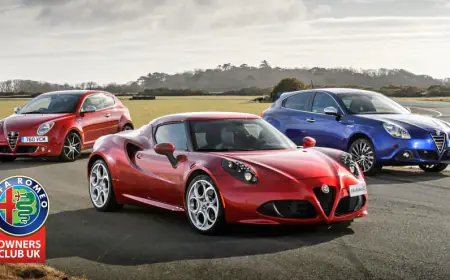
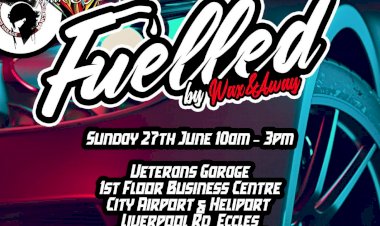



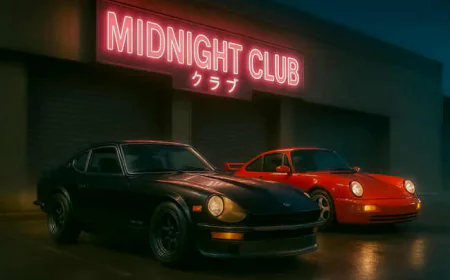
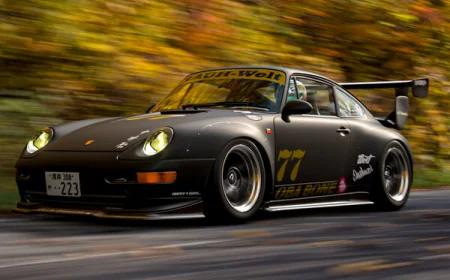
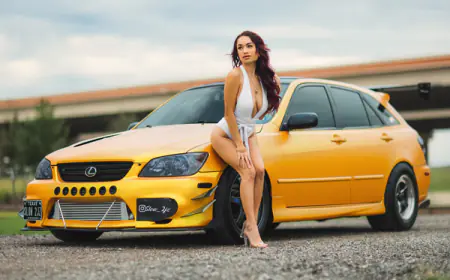



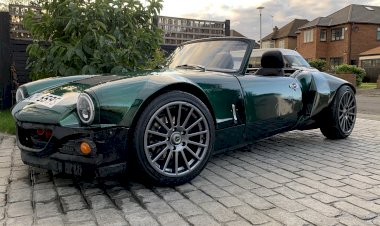
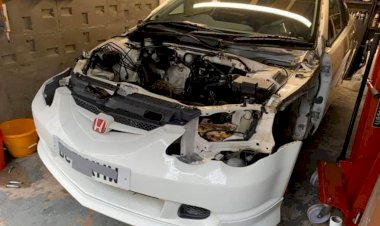
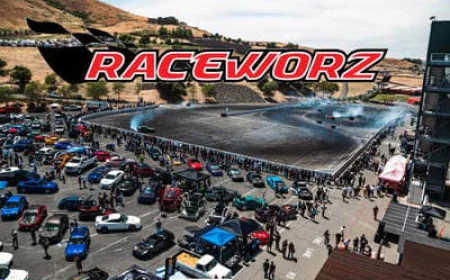
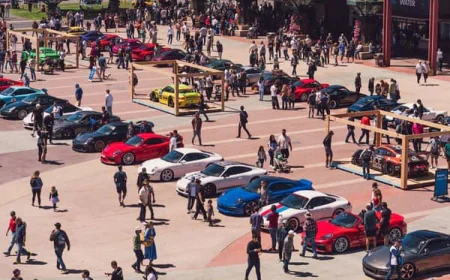
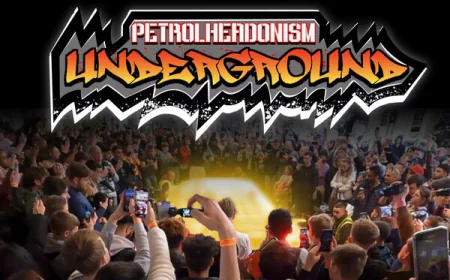
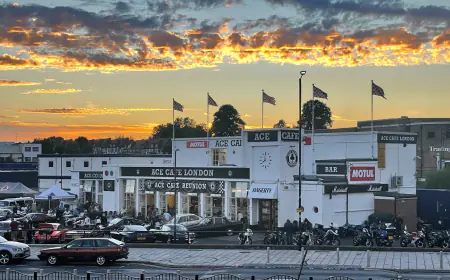
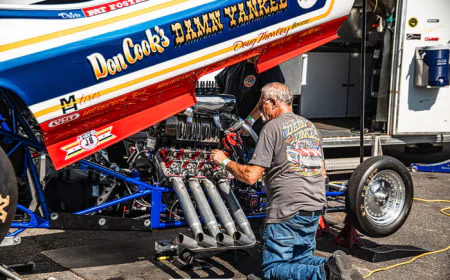
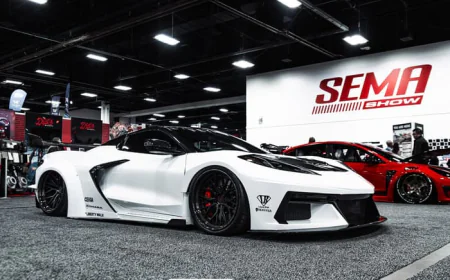
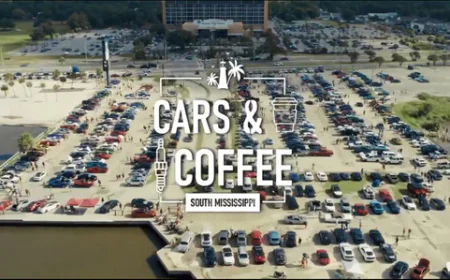
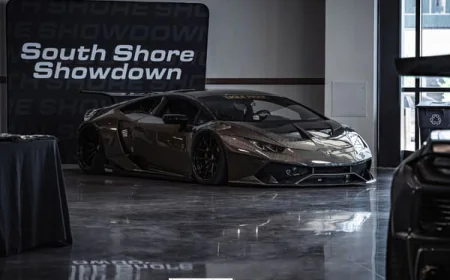
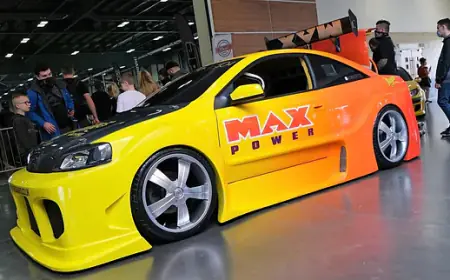
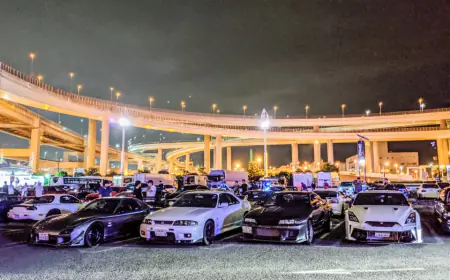
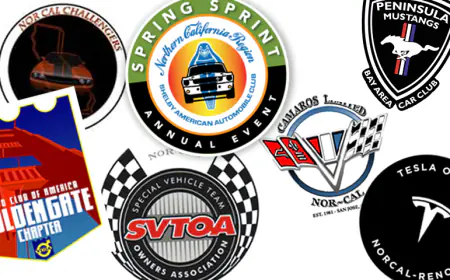
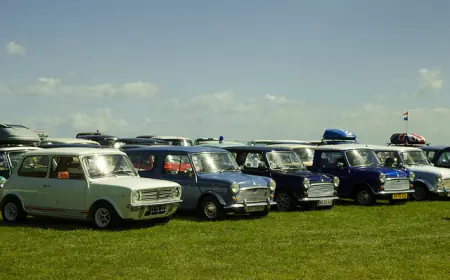

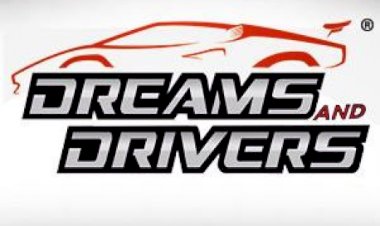




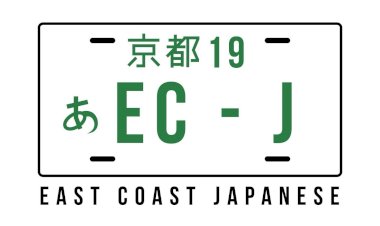
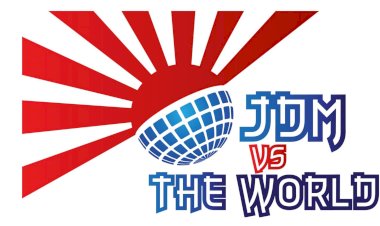

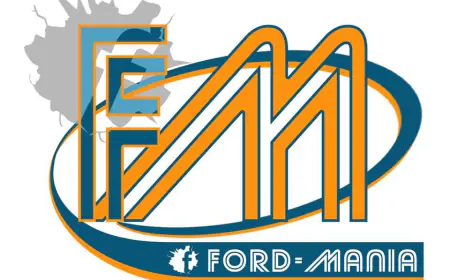


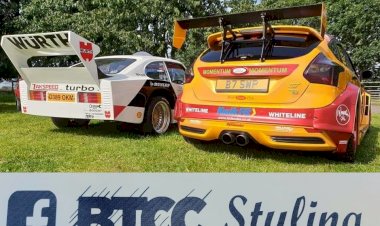

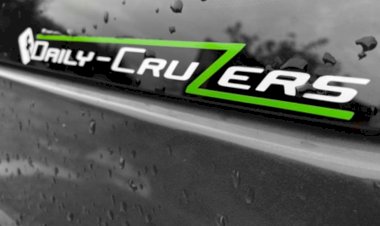


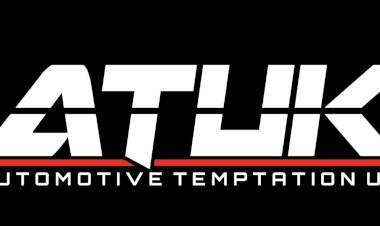
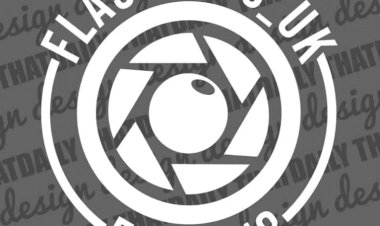


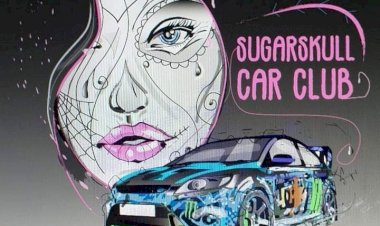


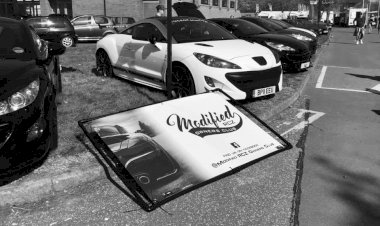






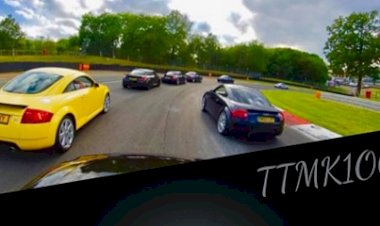


![[HOONIGAN] KEN BLOCK'S GYMKHANA SEVEN: WILD IN THE STREETS OF LOS ANGELES](https://cdn.motor1.com/images/mgl/2KlO4/s1/ken-block-london-tour-directors-cut.jpg)

